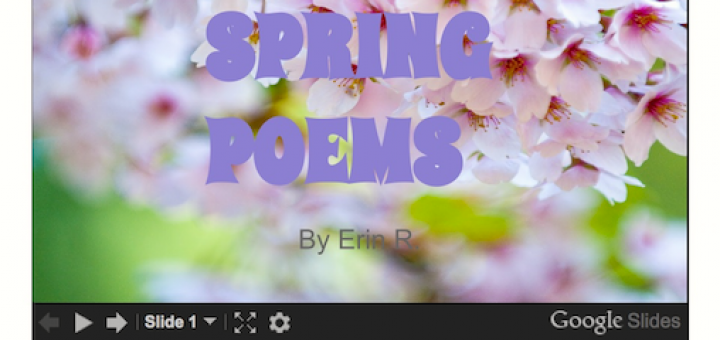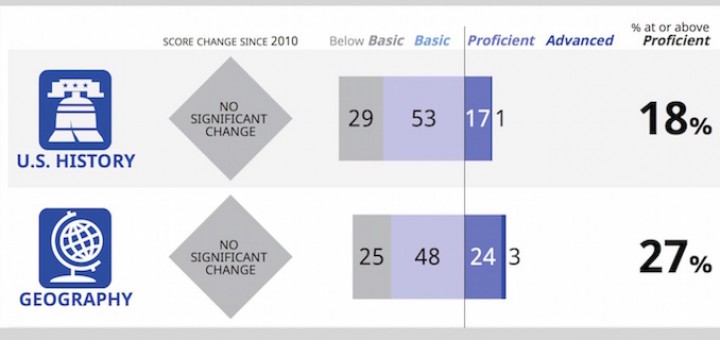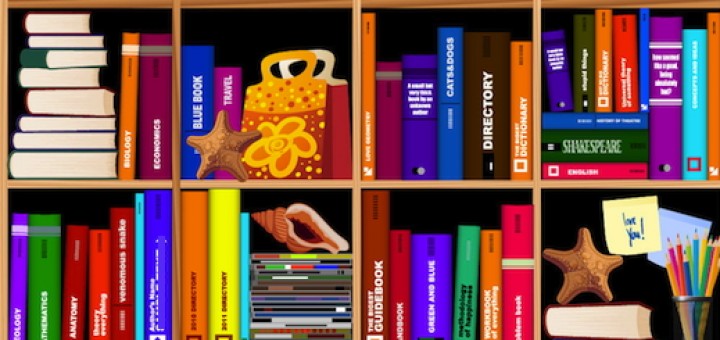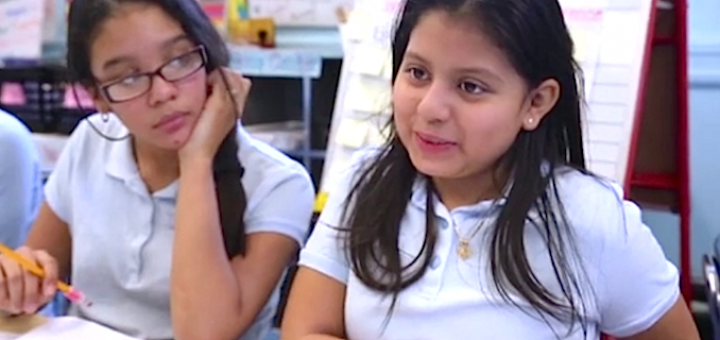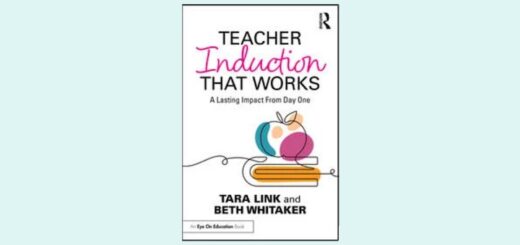Teaching and learning in grades 4-8
Math teachers wondering how their students came up with wrong answers will find lots to use in Children’s Mathematics: Cognitively Guided Instruction. Videoed children explain their solutions and so reveal teaching insights, says reviewer Maia Fastabend.
Although “You Can Do This” is targeted to 1st year teachers, experienced educators & new administrators can also benefit from reading about a novice teacher’s experiences through the lens of an accomplished instructional leader, says reviewer Jason Gordon.
Teachers will see the standards movement differently after finishing Kelly Gallagher’s “In The Best Interest of Students.” Reviewer Beth Morrow expects readers will have a renewed passion for making a difference in students’ lives with best ELA practices.
Using Google Slides for poetry writing proved to be a win-win for Kevin Hodgson and his 6th graders, who tried out various poetic forms, used technology to publish original writing, applied elements of web design, and learned to attribute the work of others.
Most public school students take a US History course at least three times during their K12 careers. So why don’t they know more about America’s story? History educator Lauren S. Brown offers three ideas to help better focus teachers and engage students.
Teacher Cheryl Mizerny is not anti-tech, just anti-bad pedagogy – the kind that crops up when the garnish of tech overshadows the deep learning that can happen when teaching is “brain based, not screen-based.” Make the app fit the lesson, she says, not the other way around.
It remains unclear to Mary Tarashuk how rampant standardized testing is actually helping her fourth graders become successful and enthusiastic learners. As she prepares for her own evaluation, Mary shares pushback from parents, students, and HBO’s John Oliver.
17,000 Classroom Visits Can’t Be Wrong leaves the reader feeling empowered and ready to make positive changes to reach the next level of engagement and academic strategies in the classroom. It is a must read, says reviewer Jennifer Druffel.
With its inquiry focus, Learning for Real reminded reviewer Linda Biondi of “the value of teaching thinking strategies, connecting content learning and content literacy, and making my classroom a place where my students’ passion for learning is evident.”
Seventh grade teacher Kami Spampinato uses four kid-savvy strategies to get her students to “buy in” to reading complex texts. In this post, former MS educator Anne Vilen of Expeditionary Learning summarizes each technique and shares supporting EL videos.




